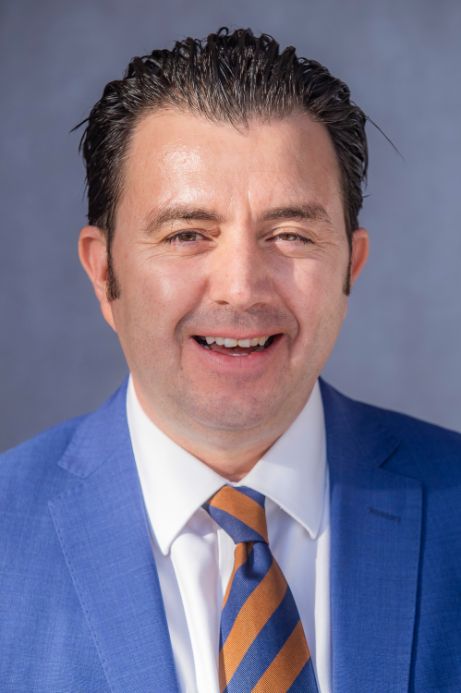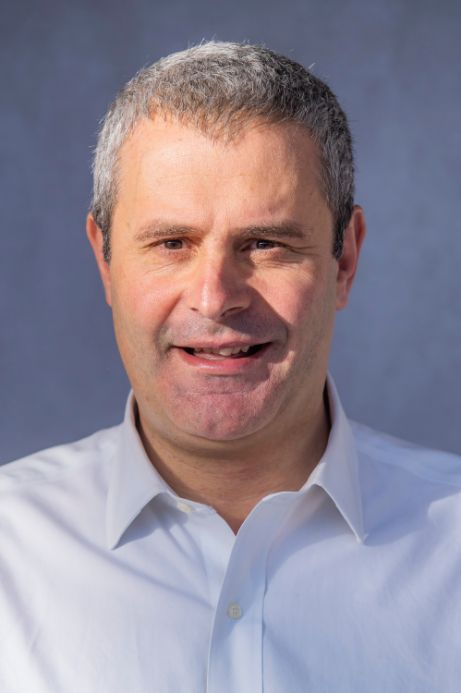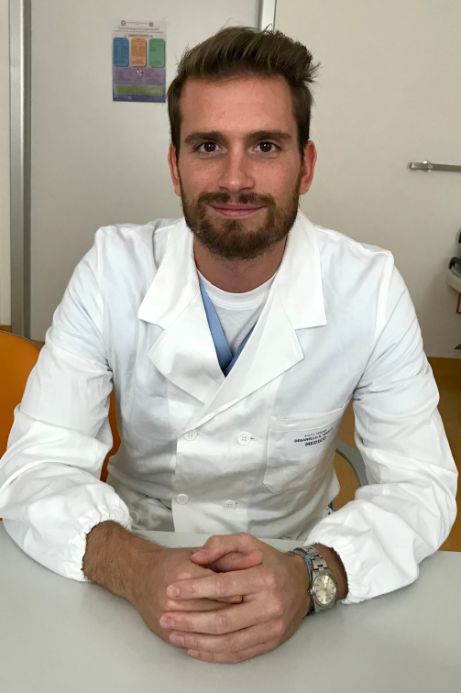General Information
The Gastroenterology Committee was established in 2004 and is a standing committee of the European Society of Paediatric Gastroenterology, Hepatology and Nutrition (ESPGHAN).
The work of the Committee aims at promoting gastrointestinal health and well-being in children by:
a. working with expert working groups and special interest groups covering specific areas in Paediatric Gastroenterology (and where it relates to Hepatology and Nutrition)
b. writing and publishing authoritative commentaries of clinical and scientific relevance on pertinent questions in the area of Paediatric Gastroenterology (and where it relates to Hepatology and Nutrition)
c. providing advice on matters related to Paediatric Gastroenterology (and where it relates to Hepatology and Nutrition) to ESPGHAN and other scientific societies, regulatory bodies, non-governmental organisations, industry and other interested parties
d. contributing to the exchange of scientific information, and to promote high quality research and training in Paediatric Gastroenterology (and where it relates to Hepatology and Nutrition), by organising workshops and scientific meetings, training courses, and other suitable approaches
e. providing guidance on teaching in Paediatric Gastroenterology (and where it relates to Hepatology and Nutrition), on the organisation of practice in care and education, practical approaches to diagnosis and treatment and other questions of relevance.
The strength and authority of the Gastroenterology Committee depends on its unbiased and independent decision making. The comments and actions of the Committee are led only by scientific arguments and by its best understanding of the interests of children.
The Committee is part os ESPGHAN and is answerable to the Council of ESPGHAN with regard to its membership, publications and other activities. The rules and standing orders of ESPGHAN, and its council, supersede anything which the Committee might wish to impose. The Committee aims at close interaction with the other activities, the other Committees (Hepatology and Nutrition), the Council, and the membership of ESPGHAN. The activities of the Committee are reported annually to the ESPGHAN Council and to the ESPGHAN Members.
To download the annual committee report please click here.











